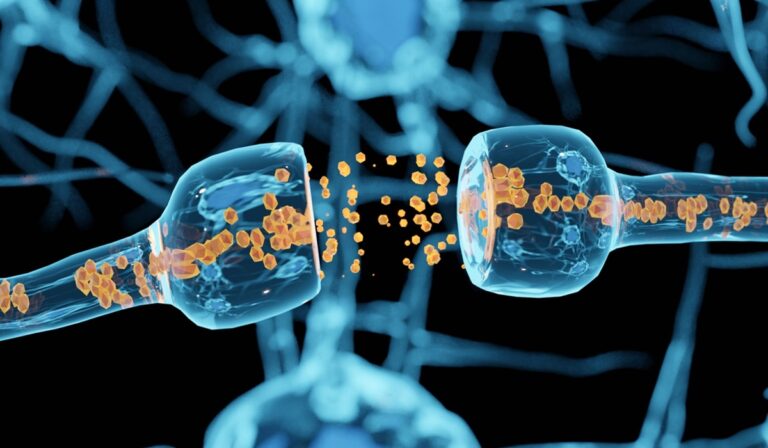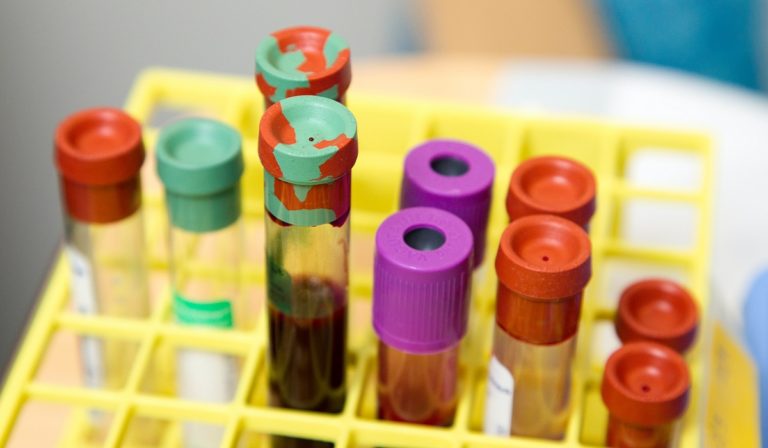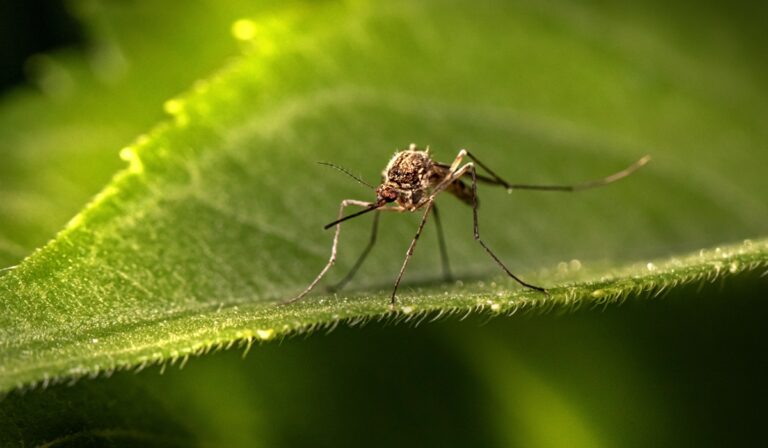Japanese scientists build world’s first wooden satellite
The satellite dubbed LignoSat, a collaboration between Kyoto University and the company Sumitomo Forestry, is reportedly slated for launch in September onboard a SpaceX rocket. If successful, the tiny device — just four inches on each side — could represent a major breakthrough in space sustainability efforts. The idea is that it’ll burn up entirely upon reentry, vastly reducing its environmental impact compared to traditional metal spacecraft.
Japanese scientists build world’s first wooden satellite Read more










